Born in a society where women were deprived of most basic rights and could not even leave their home without the permission of their husbands or guardians, her voice broke through the gender barrier.
Qamar-ol-Moluk Vaziri has a special place in history, both in Iranian music and in women’s fight for equal rights. The first female singer to sing in public in Iran, she performed at Tehran’s Grand Hotel in 1924. Most Iranians know her simply as Qamar, “Moon” in English, and many have praised her as the shining light of Iranian classical music. With her melodic mezzo-soprano voice, she stood out as an extraordinary master of the art of singing, bringing to life the intricacies of the Persian vocal music repertoire and adding her own magic.
Before Qamar, female singers had performed for strictly female audiences, and none dared to take off their hijab to sing for a mixed audience. The Iranian society in which she was born enforced strict gender segregation.
The beginning of her life coincided with the Constitutional Revolution, a movement that shook the foundations of Iran’s traditional society. She was born in 1905, just as the revolution started and a year before the aging Qajar king Mozaffar ad-Din Shah signed the constitution. She died 53 years later on the same day the constitution had been signed.
Qamar was born four months after her father died and she was not one year old when she lost her mother as well. She grew up in the care of her maternal grandmother, Kheir Al-Nesa, who in her youth used to sing recitals about the tragedy of Shia martyrs at religious gatherings inside the previous kings’ harem for his wives and their female servants.
Kheir Al-Nesa taught Qamar classical Iranian music, and when she turned seven she took her to her elegiac recitals during holy days of mourning for Shia saints, and to funerals, birthdays and anniversaries, which were female-only affairs. Kheir Al-Nesa had difficulty walking and needed Qamar to help her when she left home. Soon Qamar was singing backup to her grandmother and found the courage to sing before a crowd. She later credited this experience for her success as a singer.
Very soon Qamar became famous in women’s circles in Tehran, and invitations to sing at their gatherings started coming her way. This also coincided with Kheir Al-Nesa's failing health. She encouraged her granddaughter to continue her musical education, and sent her to a music teacher to learn the basics of her trade in a systematic way.
In the meantime, Iran was changing even more rapidly. With the Constitutional Movement, Western-inspired ideas gained legitimacy, despite the fact that, with the outbreak of World War I, England and Russia successfully strangled democracy in practice and humiliated Iranians. In 1921, Reza Khan, later Reza Shah Pahlavi, took over the government of Iran following a coup d’état and, in 1925, he declared himself the king, overthrowing the Qajar dynasty. But he was no friend of democracy either. Although he set up modern systems and processes, he was not a modernizer. The end of compulsory hijab was still some years away, and although gender segregation was still in place in the country, it was gaining some opposition, at least in Tehran and in the privacy of the homes of well-to-do Iranians.
In private gatherings, Qamar became known to now legendary masters of Iranian classical music including Darvish Khan and Morteza Neydavoud who came from a music-loving Jewish family. The latter offered her lessons and helped her refine her techniques.
Neydavoud later talked about the first time he heard Qamar singing at a gathering when she was 17 years old. “The moment when Qamar started singing I found out that this young woman’s voice was unbelievably powerful,” he told the magazine Tamasha. “But it was also a warm voice, unbelievably warm. It is a rare occurrence that a person can have both...I told her, ‘You have an extraordinary voice. What you must learn are the radifs (the traditional repertoire of the classical music of Iran).’”
After the party, neither Qamar nor Neydavoud could forget one another. “I was not in the mood to play for somebody else,” he later recalled. “No other voice touched my heart, and I was no longer teaching with enthusiasm. One afternoon I was sitting on a carpet in the yard when suddenly the door opened and Qamar was standing there. She said, ‘I have come to learn music.’”
Breaking Two Taboos with One Concert
Under Neydavoud’s tutelage it took Qamar less than a year to be ready for her debut. Her first concert was performed in 1924 in the luxurious banquet hall of Tehran’s Grand Hotel. With one movement, Qamar broke two taboos. She sang to a mixed audience and she removed her hijab at a time when a woman in the street without a headscarf was most likely to be arrested or assaulted verbally or physically by enraged passers-by. What is more, she freed music from the confines of the private homes of the rich.
She was brave, but she was scared too. “After the concert a strange fear came over me,” she recalled. “A few thousand people had gathered in Laleh Zar Street [where the Grand Hotel was located]. When I was going back I was afraid that some wanted to kill me because I had received some such news, which made me more worried. Eventually I made it, under the protection of the police, through the crowd. Some people looked angry and irritated.” Qamar refused to be paid for the concert and the box office takings were distributed among the musicians.
As expected, the traditional society and the clergy reacted with insults and threats, but her fame grew and she gave concerts in cities outside Tehran.
Her career greatly benefited from new technology. Starting in 1927, Qamar was recorded on 78 rpm records, first by the German company Polyphon and then by the British firm His Master’s Voice. According to available information, she recorded close to 426 songs, though only a third of those remain.
In 1940, when radio came to Iran and the establishment of Radio Tehran followed, Qamar was invited to perform for a live weekly music show, which she did for nearly 15 years. Physical proximity was no longer necessary for Iranians to listen to her and to other female singers who followed her.
After she suffered a stroke, she gave a farewell performance on the radio in 1956 with a greatly diminished voice. Gradually she lost her ability to talk and she died in 1959 at the age of 54.
Her last years were spent in poverty. She was generous to a fault and usually gave away the income from her concerts. Only the support of some friends and enthusiasts saved her from going hungry.
Qamar opened the doors for Iranian women to sing in public and for the public. Now, close to 120 years after she was born, the clocks have been turned back and the doors have been closed again to Iranian female singers by the Islamic Republic. Perhaps it is time for another moon to rise over the skies of Iran.




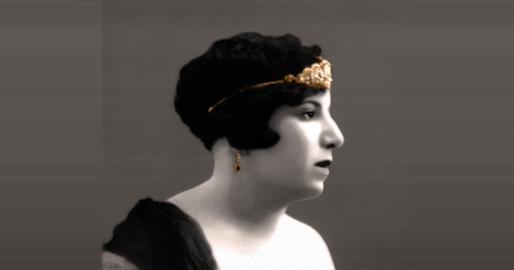
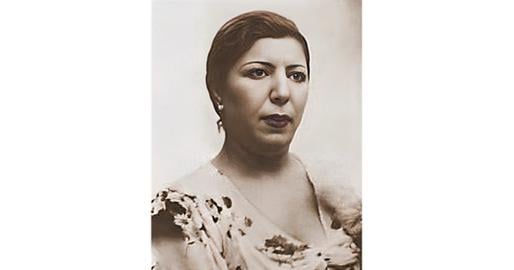
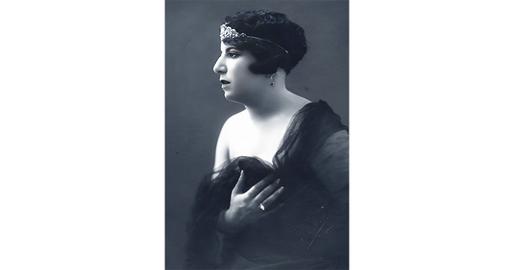
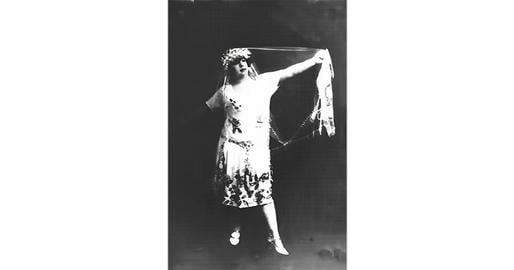
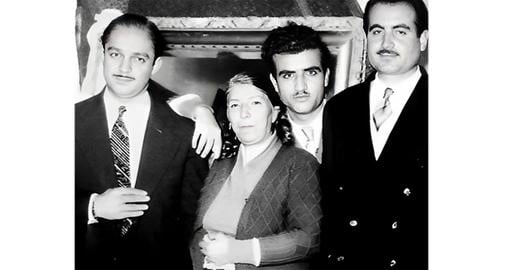






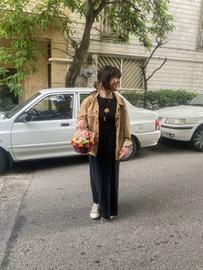
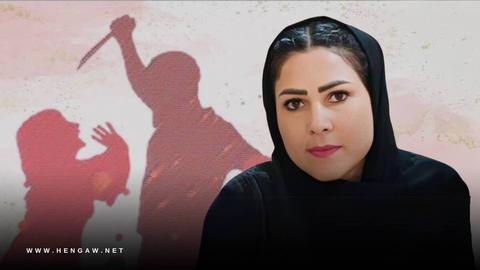


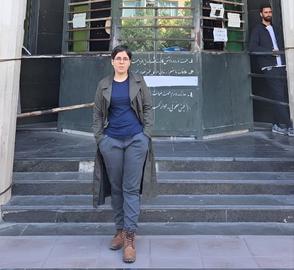
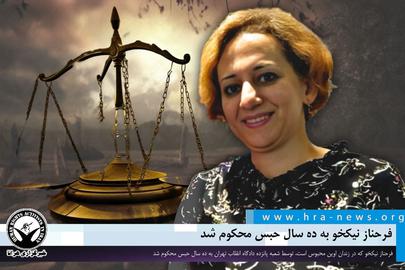


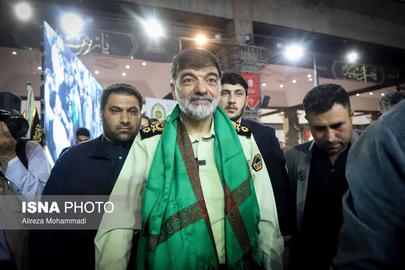

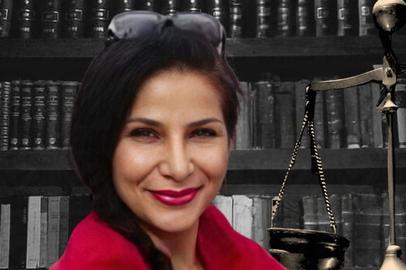


comments